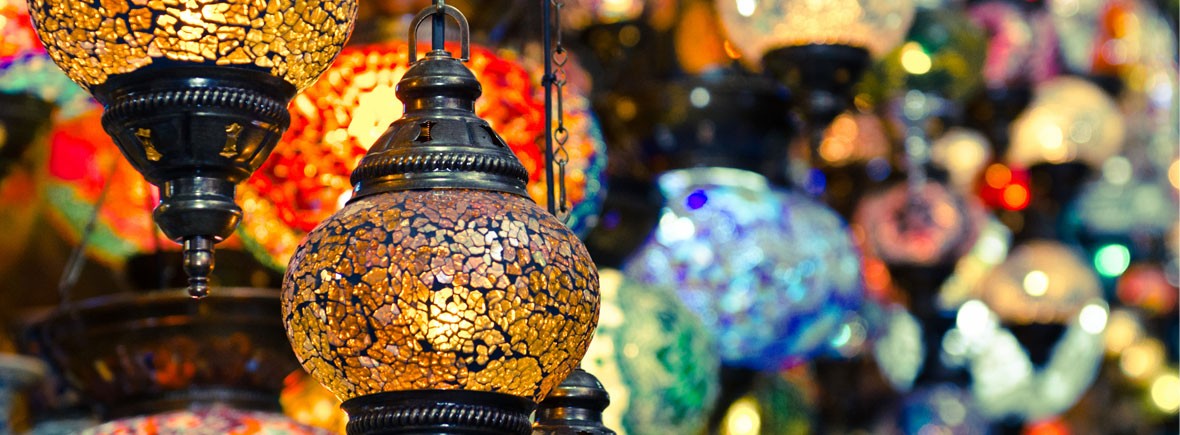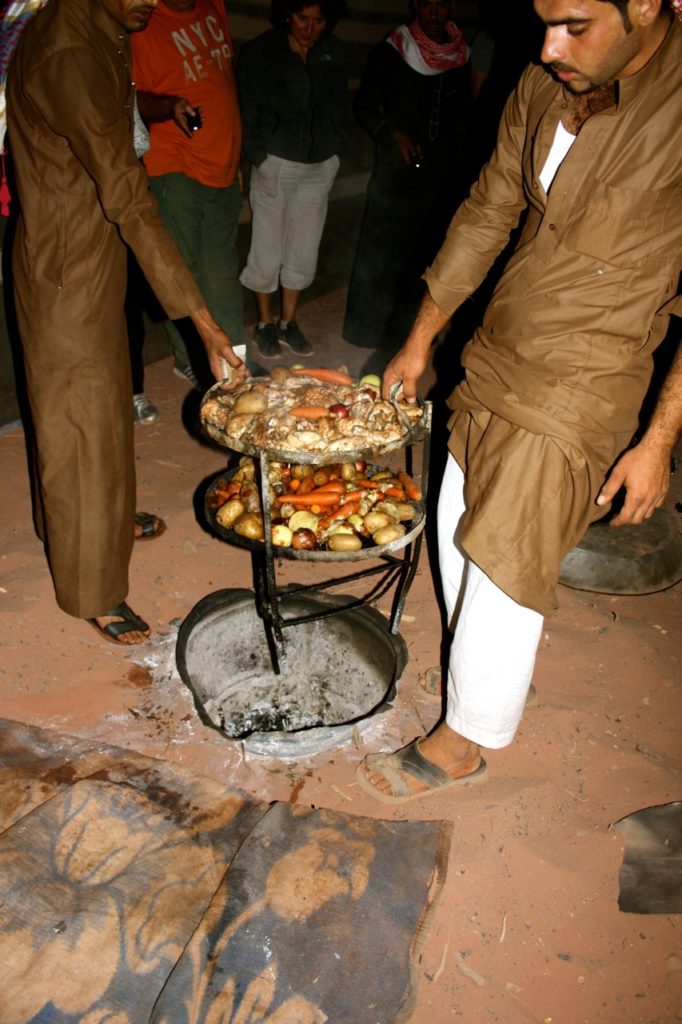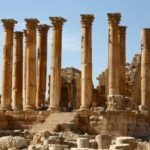Attallah Alblwi towers over me. Dressed in a gleaming white thawb, chequered keffiyeh and black agal, he is the type of man I’d normally find intimidating.
Normally, I would associate him with the archetypal Muslim man: ascetic, righteous, upstanding; more concerned with decorum than needless things like fun and laughter.
The Muslim men of my youth were idealised as guardians, protectors, keepers. They had no time for chatter or banter.
Attallah, however, has a playful smile and generous laugh, so full and deep that I wonder if there’s something more ‘interesting’ in his famous Bedouin tea.
Attallah and his brother, Ghanem Alblwi, run Bedouin Lifestyle, a campsite in Jordan’s Wadi Rum Desert. They and their staff are relaxed and at ease amid the campers. They drink, laugh and sing. Some even dance. They do this without self consciousness or judgement. There is a comfortable camaraderie as they set aside their keffiyehs, settle back against the floor cushions and share another round of tea. As I observe, I realise that it may well be the very first time I’ve seen traditional Muslim men in a genuine state of relaxation.
I have known progressive Muslim men (my university friends, my third-gen nephews) but have always felt a low-level sense of discomfort around their traditional counterparts, particularly those unrelated to me. There has always been a sense of distance; a sense that we can’t just sit together and enjoy an in-depth conversation without worrying about social constraints. We can’t relax, laugh or have fun together because it would contravene that which is proper.
Perhaps my experience is coloured by culture more than religion. After all, Punjabi weddings are known for getting raucous even when both parties are Muslim. Bengali weddings on the other hand are relatively sedate. In fact, it’s only recently that Bengali brides have been allowed to smile. Prior to that, they were encouraged to demonstrate sorrow at the loss of family and the loss of innocence.
Whatever the source of the disconnect, one thing holds true: I’m not the only one who feels its presence. Muslim men are one of the most scrutinised groups of people in modern society. Their motivations, their actions, their thoughts and discussions have sparked millions, if not billions, of dollars in anti-terror initiatives and thousands of column inches across the globe.
Muslim men are often seen as a nebulous ‘other’, an impermeable minority with unclear aims and motives. It’s a depressing state of affairs but one that is inevitable when you harbour preconceptions about any group of people. Assuming that a person is a certain way because of the way they look and dress is the very definition of prejudice, a lesson I learn yet again when accepting Attallah’s third cup of tea.
Attallah is not a judgemental Muslim man that believes I should be at home with a husband. He is not a model of abstention. He can look me in the eye and I can look in his, and we can just relax and have a conversation.
I smile as darkness falls over Wadi Rum and the dancing grows more graceless. It’s strange how travel can change your mind about even things you’ve believed your whole life.
Lonely Planet Jordan is a comprehensive guide to Jordan, ideal for those who want to both explore the top sights and take the road less travelled.











